Love takes off the masks that we fear we cannot live without and know we cannot live within. —James Baldwin
From the moment I entered kindergarten through my high school graduation and into my first two years of college, I knew not a single Black person.
I was raised in Orange County, California, the white suburbs of Los Angeles, contented in my white neighborhood, white school, and white church. I knew Black people existed; I was a child of the ’60s who saw the headlines of the Civil Rights protests, the pictures of fire hoses and police dogs set upon Black protesters, the face of Martin Luther King under the headline telling us of his murder.
I lived too far away to see Watts burning, but I watched endless coverage on TV, the breathless reporting of Happening Now in Los Angeles: The City Is Burning. I was curious about what was going on, but incurious as to why or to whom these events happened. The answers given to me as a pre-teen were satisfactory: “Black people were just never happy with what they had. We’ve come so far since the olden days. Everyone has a chance now. If we could all just get along as Americans, we’d be fine.”
I finished college, got married, found jobs here and there in whatever seemed interesting. When I turned thirty, I found my groove and moved from one high tech company to another until I ended up in Seattle, working in the job I’m most suited to be doing.
The world I lived in was almost entirely white. My wife and I raised our children in the right schools and in the conservative white church. White jobs, white coworkers, white friends, and conservative white Evangelical churches and color-coordinated politics. The party and the religion were intertwined like a caduceus, where healing would be found in their combined works. I even did some work in missions to help people in other countries, but they were there and I always came back here.
We had a tight group of friends with their own children, doing the same thing as us. They read similar books, listened to similar radio shows, and watched similar TV shows and movies. Sunday at church was our weekly anchor, and Fourth of July, Thanksgiving, and New Year’s Eve were our grand social events. Our culture was satisfying and precisely tuned to us because it was created by us and for us.
To my mind, life was good. I had everything I needed. We all did. We were symbols of American success. God blessed us, each and every one.
But I never had a meaningful conversation with anyone. My social connections were about presenting my best self and keeping it real by keeping hidden what was not perfect, the same as everyone else. We knew what not to talk about–all the stuff under the surface. No one could ever hear that. That’s just how it was, and it was all I knew.
By the time my kids were finishing high school and getting ready for college, I began growing restless. Despite my successes, I was discontented about something.
In the fall of 2008, I came across a poster at church. “Men’s small groups forming. Join now!” Hmm. I wonder if this is something I should check in to. I signed up.
We met Thursday nights. The leader and twelve guys ranged in age from mid-twenties to late-sixties. Some married, some single.
Eleven of us white. One of us Black. Andrew.
I’d never been in a social group with a Black man before. So, I did the conservative white Christian guy thing and enthusiastically ignored the fact that he was Black . . . to avoid talking about anything that might raise issues about color.
“Do you know that I’m Black?”
We all felt out the group dynamics, trying to discern how much information we should share and how we might listen without judging each other. We were just guys, you know. It was a men’s group. All of us the same, with the same issues. Our problems were unique to us as individuals, sure, but those problems stemmed from exactly the same circumstances and had exactly the same recommended paths to a solution. Nothing different between us.
After we met we went out to socialize. We hadn’t done the real work of digging into things yet. We gave safe reports of our lives, and we heard safe responses. I certainly wasn’t listening as I went through the motions.
But one night Andrew exploded.
“Do you know that I’m Black?”
Even now it’s hard to explain how much that affected me. I was a decent guy, friendly and open with others, and careful with my opinions. And his outburst about my color-blindness profoundly shook me.
How could I, a kind, Christian man, have caused such a reaction in someone that I thought I was “good” with? Weren’t we somehow “friends” because we were in the same group? How could a group mate say something so hard for me to hear?
What if he was right?
What if I wasn’t the decent, kind, Christian man I thought I was?
Andrew was right about us. About me.
I was thinking What about my feelings? It took me a long time to realize that I didn’t consider his feelings, his pain, or his experiences. I’m still processing flaws— my ignorance, self-centeredness, and all my white naïveté.
I knew Andrew was Black, but I had no idea what it meant to be Black. Everything I thought I knew about Black people came from forty years of social upheaval since the Sixties as reported on the evening news, but none of it registered.
The problem was my color-blindness. I choose to see Black people as having no color and no identity, just like white people have no color and no identity. White people were “normal” and “ordinary.” I spouted all the things white people say about the existence of Black people — they could be happy in America if they just became more “normal” and “ordinary.” You know, white. Color-less. With all Blackness erased.
But I didn’t see Andrew.
There was the tiniest shred of some thing in me, an almost unrecognized urge, a voice, maybe. They say God speaks in the whispers. At that moment, I heard that whisper.
“Go find out what Andrew means. Know him. Understand him. Understand what he means by his question ‘Do you know that I’m Black?’”
Maybe it was empathy. Maybe it was a desire for approval. Whatever it was, I heard the whisper.
And responded, Okay. I can do that.
But where to start? No whispered answer was given.
I didn’t comprehend this idea of being Black, and felt foolish typing in Google search phrases such as “being Black” or “the Black experience in America.” Blogs, as well as RSS feeds, led me to the town library where I discovered a wealth and depth of Black literature, Black testimonies, and life experiences by a variety of writers. My formal education contained not a single resource from any person of color, and my social connections maintained that ignorance. I began to read from a wider and wider circle of writers, mostly Black men and women, some believers, more of them non-believers. I didn’t understand a lot, but my reading was giving me a vocabulary that unlocked more about Blackness.
I stumbled across Ta-Nehisi Coates early in 2009. He had been hired by The Atlantic as a commentator on social issues. He was well-read, and a precise and provocative thinker. I engaged on his public blog with a pseudonym — with him and a disparate group of his followers, called “the Horde.” Mostly I listened to him and to them. When they suggested a book, movie, or album, I bought it or checked it out. I wanted to know more.
As I read and thought and engaged, I began to question the things I thought I knew about life in America, about being Black, and about being white. Perhaps there was a significant, nearly indescribable difference. Perhaps the actual experience of being Black was unfathomably different, despite being lived alongside of mine. The two running parallel, but never connecting.
I engaged more fully online with Coates and the Horde, but I still hid behind my anonymity. That mask gave me a chance to learn, to ask stupid questions, and to receive honest and loving answers from people who did not really know me, but who treated me as a whole person with a moral center. They questioned my beliefs, challenged my motives, dissected my conclusions, forced me to formulate my answers, but they didn’t laugh at my ignorance when I spouted off grossly uninformed ideas.
“Don’t depend upon me to chew the information and spit it back to you. Go read, go think, and go decide for yourself. You will never be alive until you do.”
They’d let me go off and study specific books or films, and when I came back, they’d say, “Tell us what you think. Tell us who you are in your answers. Tell us who you are centering.” They wanted to listen to me, not because I had new things to tell them, but because they wanted to see how the new things were affecting me.
Coates gave me advice in passing that has stayed with me:
“Do for yourself,” he said, meaning “Don’t depend upon me to chew the information and spit it back to you. Go read, go think, and go decide for yourself. You will never be alive until you do.”
That opened my eyes. I read and listened and watched, and tried to think for myself. I journaled a thousand words a day as I explored the challenges to my thinking, beliefs, and ideas about myself.
Reading Black writers, listening to Black voices, and seeing Black expressions gave me a glimpse of what it meant to be Black in America. I began to understand my friend’s question, as well as my friend’s pain, especially the pain of not being seen or heard or respected. I began to more fully understand my friend. I began to see his Blackness. I began to see him as Black.
After meeting some weeks, we hung out around a fire talking about the small stuff. Other times the conversations went deeper. Sometimes we talked far into the night or the early morning. Mostly I just listened as Andrew just poured out his life, his heart, his self. Eventually, I met his friends, and listened to their stories. Got to know their families. Got to know them. As my friends. And I became their friend.
I got to see what we white people look like — even what I look like. That was a revelation of our foolishness and false pride, with an occasional a hint of compassion or respect in us that got noticed as something unusual.
But with these people, my new friends, my family, my band of brothers, I got to see what it meant to be Black. I got to see pain, pride, pride during pain. Sadness and joy. Frustration and hope. And I began to understand the deep, deep alienation that comes from living in a country that at times does not want you for who you are, but needs you to do the work, be the target, and bear the brunt.
My reading and my work to understand was changing me. My relationships were changing me. Going into my core and bringing to light all the hidden biases and fears and even hatred was changing me. Do for yourself rang in my ears continually. I saw the choices I had been making my entire life for what they were, and how they no longer worked for who I wanted to be.
In 2010, I broke with my past. I broke with my old beliefs. I revealed my name on Coates’ blog at first. That was a step out of hiding. “Hey. This is me. This is who I am. This is who I want to be.”
My inquiry into seeing Blackness was accompanied by seeing whiteness and white oppression of not just Black people but of anyone who wasn’t white. I began to read more widely into womanist and Latinx and queer literature, into the beliefs and non-beliefs of people I’d never thought about before. My circle of friends expanded as these friends reached out to include me, to listen and to love. I reached across the oceans to connect with those in other nations. I was curious and wanted to know of their lives and their hopes and their dreams. I wanted to know people.
Do for yourself drove me to dive into my own Christian faith, to shake it and test it in the real world that was full of pain and sin and suffering; and into conciliation and listening and hope. I came out stronger and more joyful about my own Lord and Savior, more certain of the strength and healing that an anchored faith can give.
“Do for yourself.”
Early in 2012, I let my white conservative Christian friends know that I no longer supported their animus against gay people and marriage equality. I no longer believed that we had to hate our brothers and sisters, and erase them from life, in order to show them God’s love. I remember thinking, Here goes. This is going to be wild.
With that announcement, I lost most of my white friends. My church friends. My political friends. My social friends. I’d hit the tripwire with them. I had abandoned my convictions and my certainties, and we no longer shared the same essential, core beliefs.
I was going to hell, they said. I’d lost Jesus.
But still I heard Do for yourself.
The boundaries grew wider, and wider, and wider, further and further away from the tight bands that once constricted me. The world grew both bigger and smaller. I was slipping into circles that were diverse by race and gender and orientation and belief. These were my friends, whom I loved and respected and cared for, people who genuinely loved me in all my stupidity and ignorance and earnest efforts. My faith-expressions became stronger as I became more accepting of people for who they were. I was growing to understand the great arc of justice that bends by the hand of humanity and according to the will of God.
Sure, my continuing education about Blackness has only scratched the surface of what it means to be Black, but the work that I’m doing for myself teaches me also about what it means to be alive and connected with people and with my own self. My learning leads me in humanness and openness, into diving into despair and pain and even longing, to feel what it is to be alive and struggling. I see how whiteness isolated me; I look around and I see how my inquiry into Blackness has changed me to connect with people on a much deeper level and to see myself more clearly.
Andrew stepped in and challenged me to see him, all of him, as he was, as a Black man, and to embrace him wholly. That led to the unraveling of my whiteness, and to a deeper life.
The unraveling led to something else, too — it led to Andrew and I becoming absolute best friends. We hang out, see each other weekly, go golfing, and meet with our other friends. There are no secrets between us. We see into each other. We share with each other the things that no one else knows. During our most terrifying life events, we were on the phone together or we’d sit outside by the fire, talking and listening for hours, supporting one another. Sometimes it is just in the being that we find our voices, that we live our connections.
Your journey might not be the same as mine. In fact, it must differ, as we all must find our own way to answer the command to do for yourself.
But I’m confident that if you dive into life, into people, into knowing, into loving, you will never regret it.
Let me know when you start the journey. We have a place for you by the fire, where you can come and just talk. We’ll listen.
Photo by Tim Marshall on Unsplash


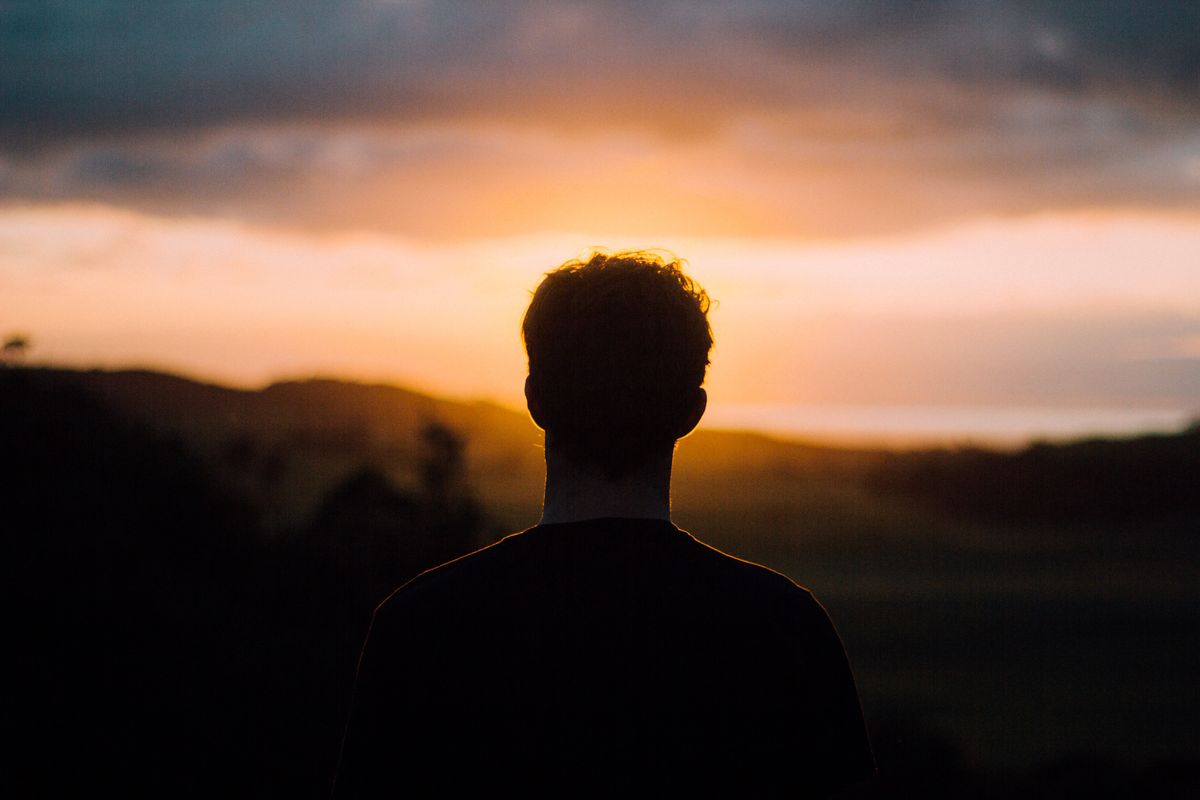


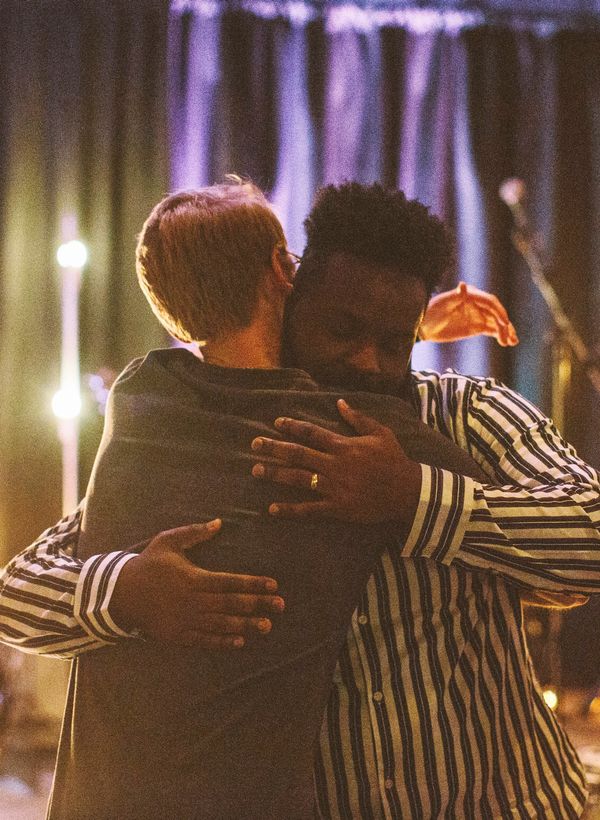

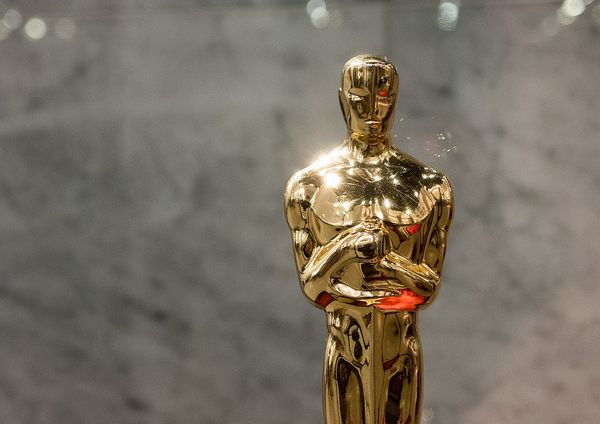

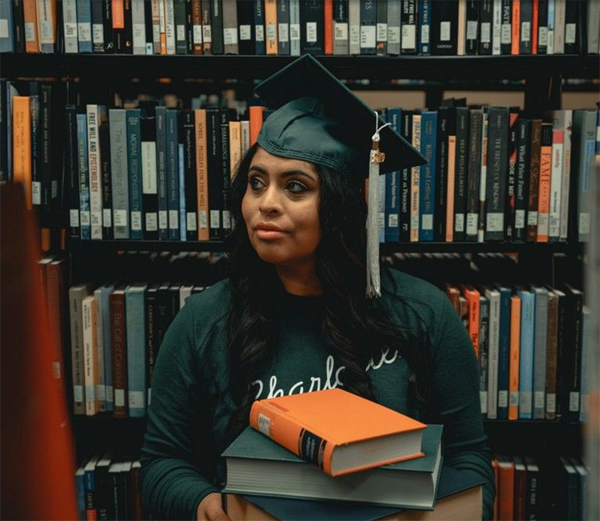
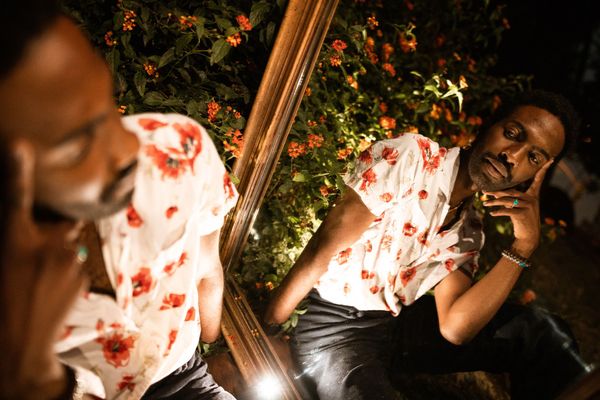
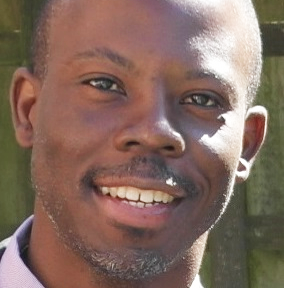
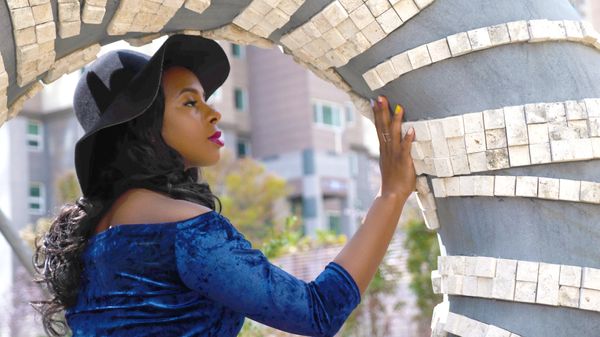
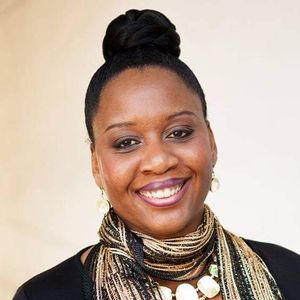
Member discussion